MASTER OF ENVIRONMENT AND SUSTAINABILITY



We’ve all seen the news coverage. From the built environment to the natural environment, from social inequity to diminishing biodiversity, this planet and its inhabitants are increasingly stressed. Yet Earth remains the only place that we have to live. We need it.

So we need to solve the problems we’ve created.
The smart ideas – the sustainable solutions – happen when the experts come together. We want to build a generation of fearless, inquisitive thinkers who embrace change and can come up with positive, sustainable solutions. That’s why we’ve developed a master’s degree that gives you skills from many disciplines to build on your passion to create a thriving, more equitable world.
“We are the first generation that can end global poverty. We are the last generation that can address climate change before it is too late.”
Ban Ki-moon Secretary-General of the United Nations
Monash’s vision is to collaborate with partners –institutes, industry and NGOs – to meet the challenges of the age. This vision starts in-house; the degree is a collaboration between Monash Arts, Monash Science, and the Monash School of Business, and the Monash Sustainable Development Institute.
Monash is the host university for the Sustainable Development Solutions Network for the Australia/ Pacific Region. The network’s job is to support the implementation of the global Sustainable Development Goals. Which means you’ll become part of a culture that’s dedicated to working on the planet’s biggest challenges, from the tiniest invasive biosecurity to global economic development.

This course is predicated on the idea that the world’s problems are complex and need multidisciplinary solutions, so it’s designed to attract a mix of expertise. You may have just graduated from an undergraduate degree, or have years of experience under your belt. You might work in business, in the government, or for an NGO. You could be an entrepreneur or an economist, an engineer or an ecologist.
In this course, every student is a global student, so we encourage both domestic and international students to apply. All you need to be is the type of person who doesn’t shy away from seemingly intractable issues, who meets challenges with solutions, and who is passionate about the planet.
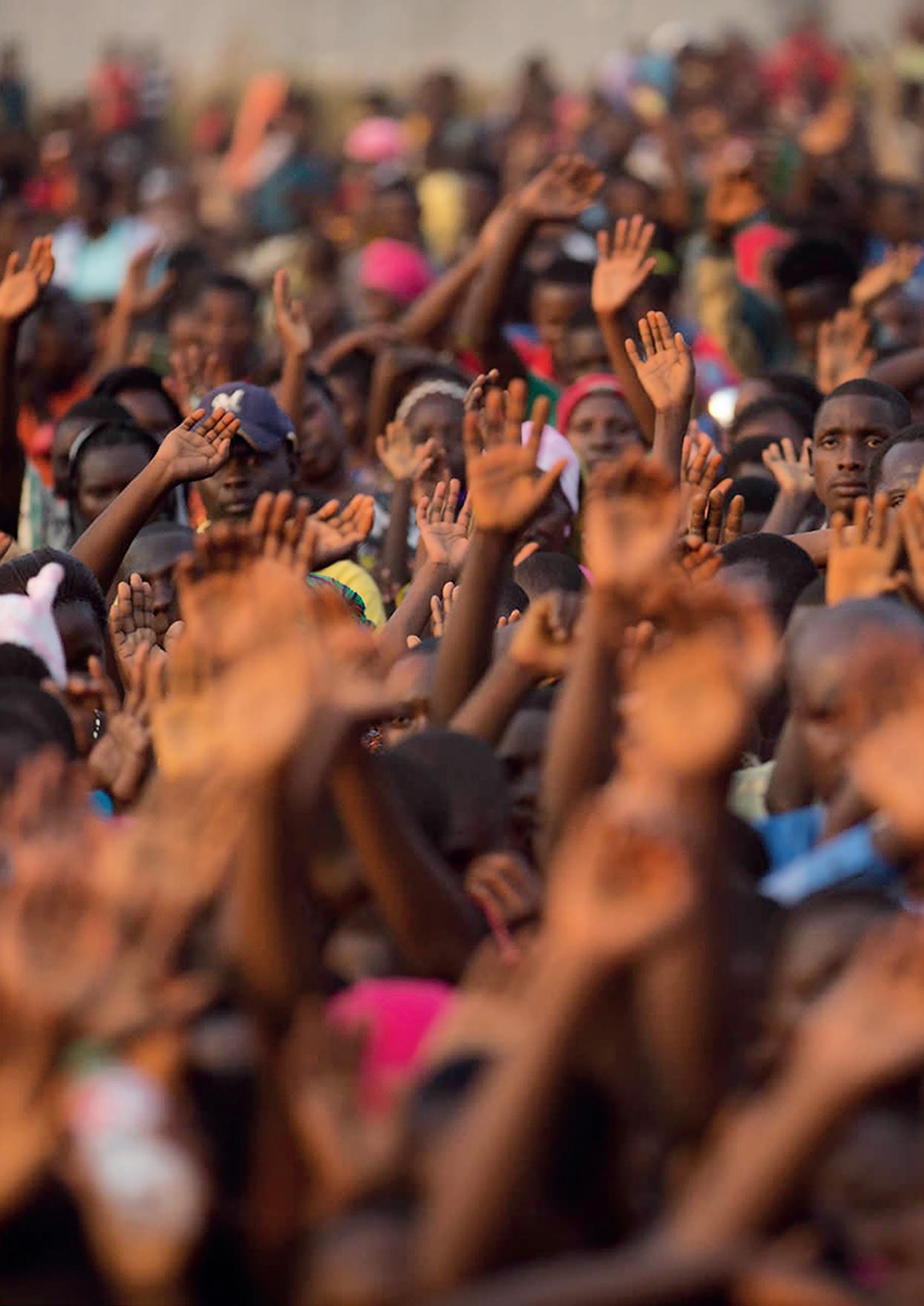
The course is full of options. Core units allow you to analyse how nature, society and the economy interact and depend on each other. Then you choose one of five specialisations: n Corporate environmental and sustainability management

n Environment and governance n Environmental security n International development and environment n Leadership for sustainable development. Plus, you can accelerate your practical skills by developing or joining an interdisciplinary project to help drive innovation. Alternatively, you could take on an internship to practise your skills in the field, or write a research thesis that will help you move into a PhD.
Whether you’re changing careers, or moving forward in your field, you won’t waste your previous experience. You’ll build on what you already know to make a strong platform for the next stage in your career. And we’ll give you credit for relevant qualifications. Credit shortens your course.
In the past decade or two, the sustainability job market has been rapidly rising.
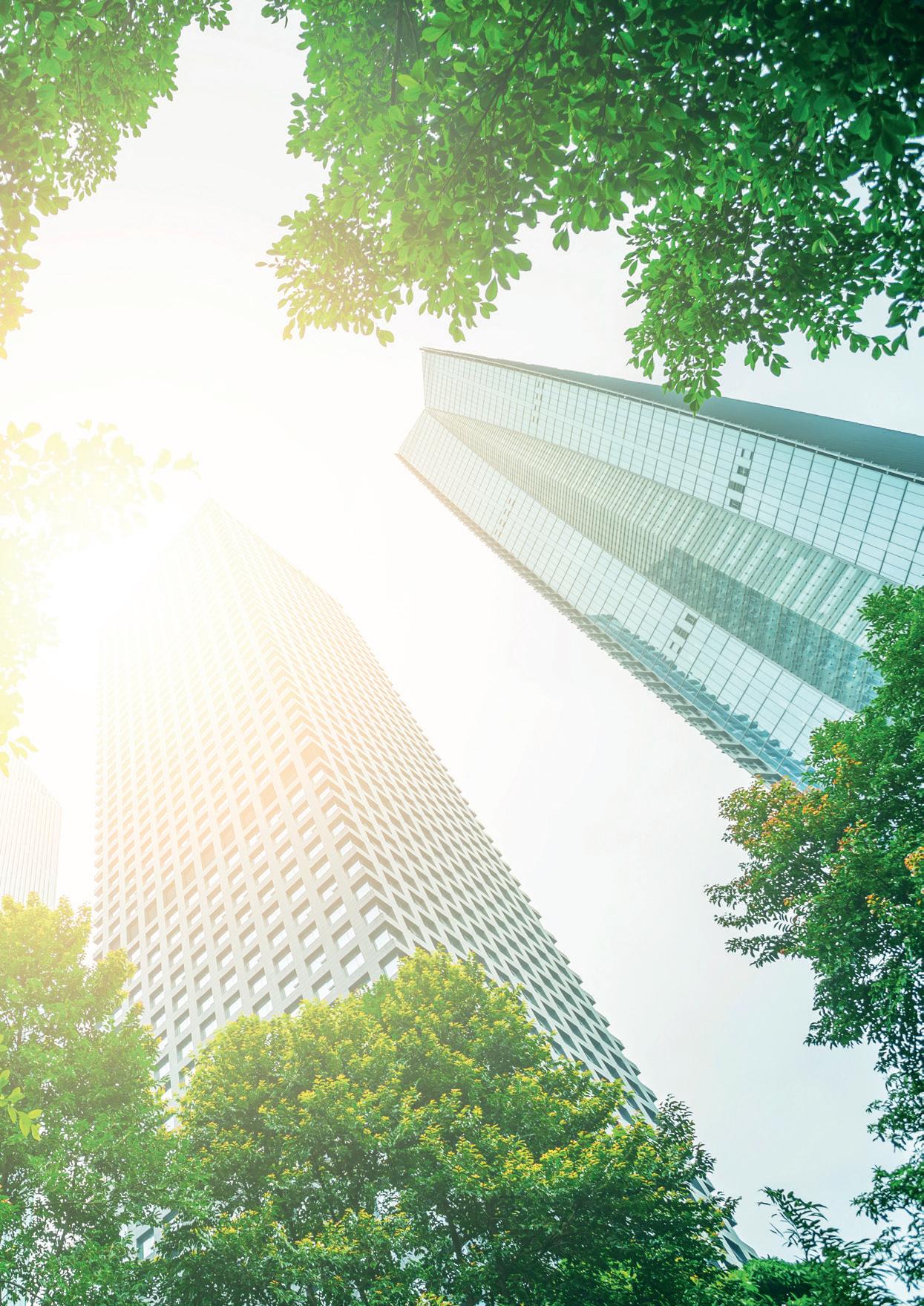
Corporations including General Motors and Google have created chief sustainability officer positions in the past couple of years. In Australia, the big four banks are now ranked in the 2016 Global 100 index – the top 100 most sustainable businesses in the world. There’s also been growth in sustainability roles in all sectors of government (including quasi-governmental agencies such as the Environment Protection Authority), in national and international NGOs, at universities, research centres and think tanks, and in consulting.
Those are just the existing and expanding roles. Global transitions to sustainable pathways will open new opportunities for well-prepared, creative and ambitious individuals. You’ll learn how to analyse change to identify and take opportunities as they emerge – and that could mean jobs even we can’t predict.
So you can use your new skills to advance sustainability solutions in your current sector, or move into a new career. It might be in governance and regulatory advice, capacity building, public education, environmental security, or human rights. You could be building sustainable cities, or arresting the loss of biodiversity. You could be formulating policy, or working to achieve social equity.
You’ll learn from global and professional experts from multiple disciplines and sectors. Our people are leading the environment and sustainable development agenda in Australia and internationally.
Dr Annette Bos
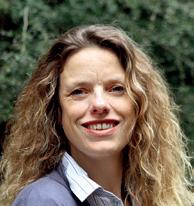
Associate Professor and Deputy Director (Education) at Monash Sustainable Development Institute (MSDI), and specialisation coordinator, leadership for sustainable development.
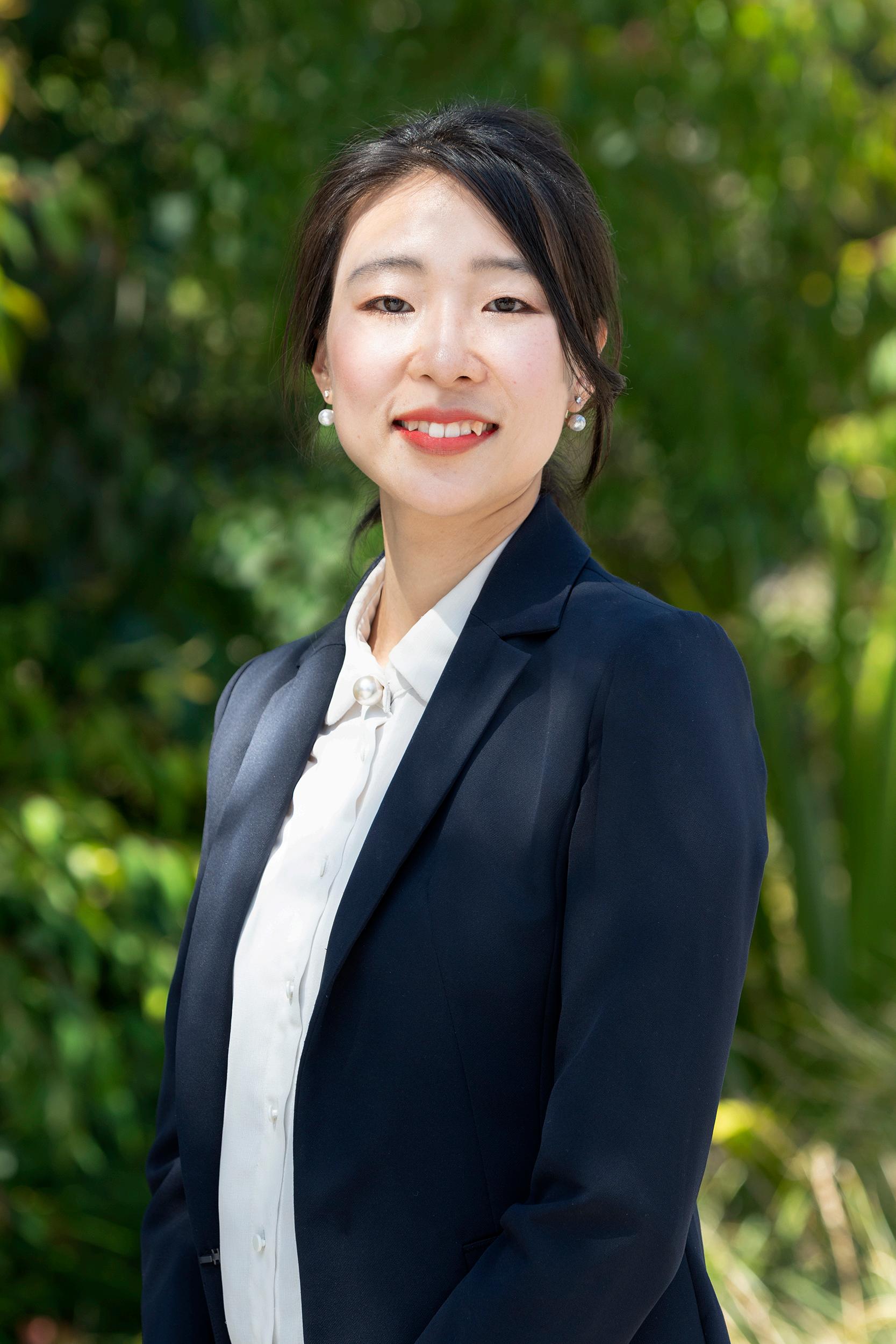
“Achieving the global commitments of the Sustainable Development Goals and the Paris Agreement requires leadership. We need people who are prepared to lead the way, who want to innovate, and are able to shape the conditions needed for positive change. We bring together individuals from diverse disciplines to generate new solutions and develop their leadership abilities for exerting influence and effecting change for sustainable development. This master’s prepares you for a job in a changing, complex world, and creates a new generation of interdisciplinary professionals who are able to drive pathways for securing equitable outcomes for people and planet.”
Dr Svenja KeeleLecturer and specialisation coordinator for corporate environmental and sustainability management, environment and governance, and international development and environment.
These three specialisations offer students exciting pathways to their future careers! The corporate specialisation is best for students who want to steer the businesses of today and tomorrow to better capture opportunities and manage risks associated with climate change, human slavery, biodiversity, the circular economy and more. The governance specialisation caters for students who want to shape our complex policy and governance landscape – across government, civil society, markets and more – to secure more sustainable and regenerative futures. The international specialisation equips students to drive sustainable development within policies, programs and issues at a global level and in diverse contexts. Choose one or two, and be the future you want to see.
Lecturer, course coordinator, and specialisation coordinator for environmental security
“In this course, you’ll become part of a community of like-minded people, passionate about creating sustainable solutions. Our students and researchers bring different disciplinary and professional backgrounds to the table. We see this as a strength. Complex global problems require interdisciplinary collaboration. In order to turn your passion into action, you’ll need to understand the different ‘languages’ of scientists, policy-makers, economists, and more. This course will develop your capacity to effectively translate and integrate your niche expertise across disciplines, sectors and national borders. Get involved.”
The Master of Environment and Sustainability is an on-campus course, with units at Clayton and Caulfield. But we do our best to make it as easy as possible.

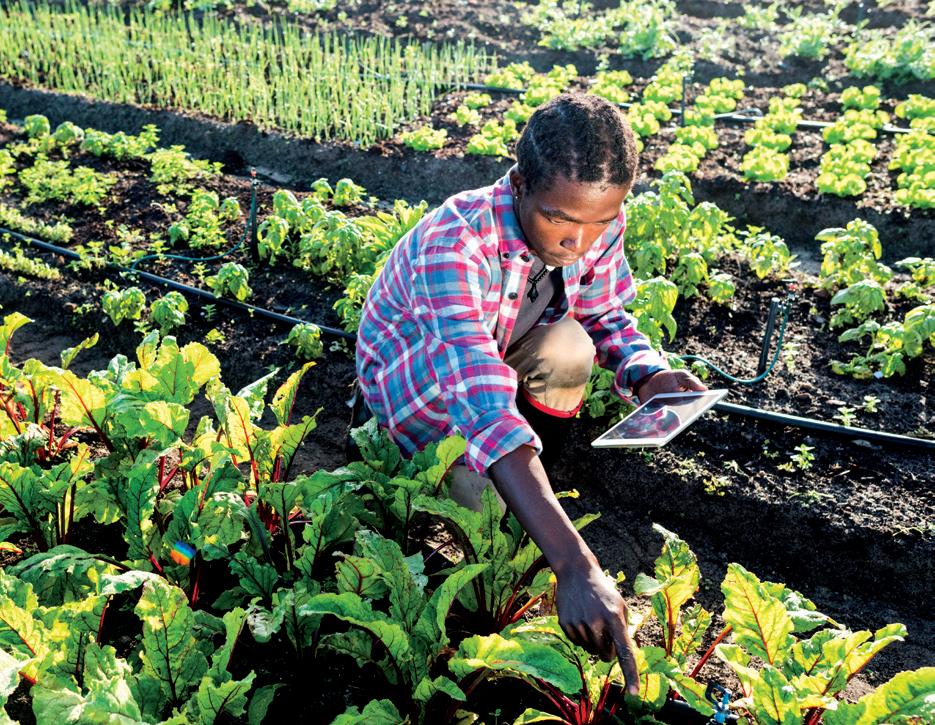
To begin with, it depends on how much time you have to devote to study. If you’re in a position to study full-time, you can complete the course in either one or two years, depending on your prior qualifications. There are two enrolment points, in February and July, so you can choose which will work best for you.
If you’re juggling study with work and/or family, you can study part-time. Because we know that many of our part-time students are working, we schedule many classes after work hours or in flexible mode.
Joining our Monash Postgraduate Association is a great idea – it immediately connects you to a cohort with plenty of tips and tricks for managing a busy diary. And take advantage of the Graduate Student Hub at Clayton. You’ll get your own swipe card and access from 7am to midnight, where you can study solo or as a team.
There may be a scholarship that could help you buy time to study. We offer one of the most comprehensive and generous scholarship programs in Australia.
See study.monash/fees-scholarships.
Because the course is so flexible, different students will study different things. There are four parts to the course. Before we go through them, remember that if you’ve got relevant industry experience or qualifications in related areas, you could get credit for Part B, Part D, or both of them.
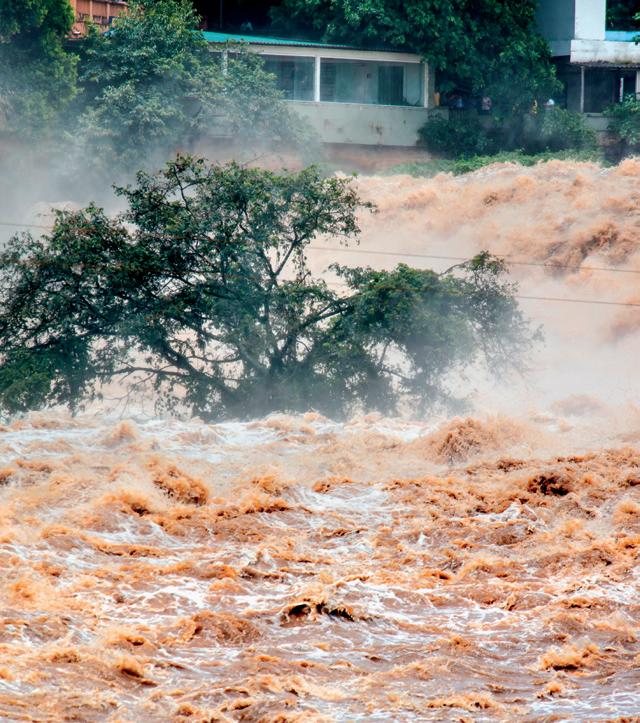
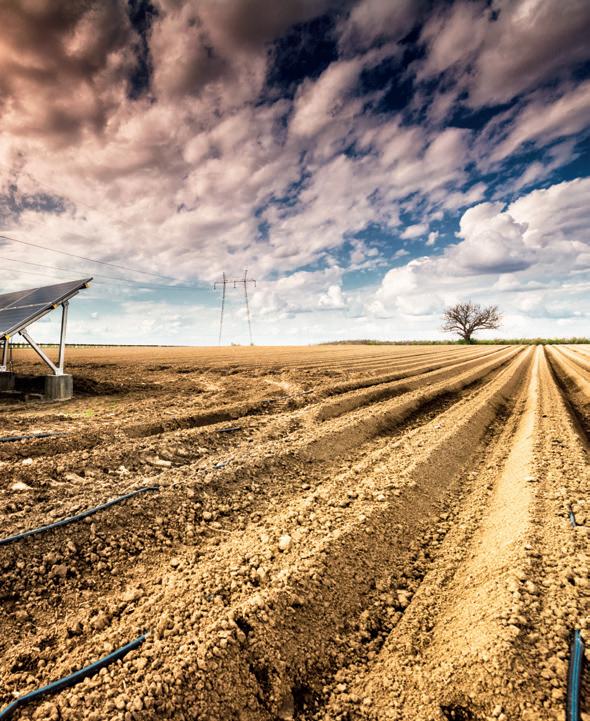
Develop an understanding of the interactions and interdependence between nature, society and the economy, and the basic principles of sustainable societies, economies and environments.
You only need to study this if your previous qualifications or experience is not in the field in which you’d like to specialise. It’ll help you develop the disciplinary knowledge and skills you’ll need to study the area of your choice.
This is where you’ll choose your specialisation, and develop expertise to work and communicate in your chosen field and across the borders of discipline, context or culture.
You have two options here. The first is coursework study where you select units to suit your own interests. This includes the opportunity to undertake an internship or a sustainability or interdisciplinary industry consultancy project. The second is a research thesis –ideal if you want to use this course as a pathway to a PhD.
In Part C: Specialist studies, you’ll choose from one of five specialisations.
Right now, all organisations face a complex mix of social, environmental and economic sustainability challenges and opportunities. To respond well, organisations need to be convinced by the business case for sustainability, understand their responsibilities under national and international regulations, and develop and measure strategic responses.
This specialisation will teach you how to drive those changes. You’ll learn how to design, implement and facilitate strategies and solutions in corporate management for sustainable and accountable development.
‘Environmental governance’ is broad. It encompasses individuals, communities, and the global population. It travels through local to national to international organisations and regulations. It requires governments, markets and civil society to engage and cross-pollinate.
This specialisation will hone your understanding of policy and governance so you can drive change that supports sustainability, whether it’s through environmental policy and analysis, planning, consulting, education, advocacy, or management.
The challenges in global environmental security are diverse – from energy shortages, loss of biodiversity, extreme temperatures, emerging infectious diseases, and food and water insecurity.
Globally, there’s a growing need for scientifically literate professionals to interpret and translate reliable scientific evidence about environmental security for groups as diverse as local communities and international corporations. This specialisation gives you the knowledge and understanding to not only guide the sustainable use of resources and protect the natural environment, but also to drive their integration into policy and management.
There’s a growing demand for a new generation of practitioners who are engaged and committed to sustainable development in a global context. Poor and developing nations are often the hardest hit by environmental changes. To achieve sustainable development, these communities need tailored, transdisciplinary solutions beyond simple environmental protection. They need people who can analyse the causes of poverty and disadvantage, provide solutions that incorporate economic change and social equity, and engage communities to plan and implement environmentally sustainable development.
The grand challenges that our society faces need innovative solutions and transformative change. But these solutions will only work if we have people dedicated to driving those changes. People who can embrace complexity, inspire action and influence behaviour.
Worldwide, there’s a growing demand for professionals from a range of disciplines, organisations and sectors who are able to collaborate, lead and deliver change for sustainability. We can equip you with cutting-edge theoretical insights, analytical skills and practical capacities to guide, influence and lead processes aimed at creating positive social, environmental and economic outcomes.
These specialisations aim to develop skills and knowledge valuable for a range of strategic leadership roles. Graduates of this course have found jobs in business, all sectors of government, in national and international NGOs, at universities, research centres, policy development agencies, the UN, and in consulting. For more information see: monash.edu/master-environment-sustainability
If you were to study all units full-time over two years, it would look like this map. Remember, however, that you may get credit for relevant experience or study, and the progression will be different if you study part-time. The ‘course requirements’ section of the Monash Handbook will be able to give you more accurate information.
Year 1 Semester 1
Year 1 Semester 2
Year 2
Semester 1
ENS5010
Global challenges and sustainability (Part A)
ENS5020
Perspectives on sustainability (Part A)
Specialist studies
Core Unit 1 (Part C)
Year 2 Semester 2
Specialist studies
Core Unit 3 (Part C)
Depending on your previous qualifications:
ENTRY LEVEL 1:
Duration: 2 years full-time, 4 years part-time (96 points to complete)
Specialist studies Core Unit 2 (Part C)
Specialisation elective (Part C)
Specialisation preparatory studies Unit 1 (Part B)
Specialisation preparatory studies Unit 3 (Part B)
Research thesis or Interdisciplinary Industry Project or Sustainability Internship (Part D)
Research thesis or Specialisation elective (Part D)
Specialisation preparatory studies Unit 2 (Part B)
Specialisation preparatory studies Unit 4 (Part B)
Research thesis or Interdisciplinary Industry Project or Sustainability Internship (Part D)
Research thesis or Specialisation elective (Part D)
An Australian undergraduate degree (or equivalent) with at least 60 per cent (credit) average, or qualification/experience or satisfactory substitute that the faculty leading the specialisation considers to be equivalent.
ENTRY LEVEL 2:
Duration: 1.5 years full-time, 3 years part-time (72 points to complete)
An Australian undergraduate degree (or equivalent) in a cognate discipline including business, environmental science, humanities, science or social sciences, with at least 60 per cent (credit) average, or qualification/experience or satisfactory substitute that the faculty considers to be equivalent; or an Australian undergraduate degree (or equivalent) and an Australian
graduate certificate/diploma (or equivalent) in a cognate discipline including business, environmental science, humanities, science or social sciences with at least 60 per cent (credit) average in each qualification, or qualification/experience or satisfactory substitute that the faculty considers to be equivalent.
ENTRY LEVEL 3
Duration: 1 year full-time, 2 years part-time (48 points to complete)
An Australian undergraduate honours degree (or equivalent) in a cognate discipline including business, environmental science, humanities, science or social sciences with at least 60 per cent (credit) average, or qualification/experience or satisfactory substitute that the faculty considers to be equivalent. You will also need to meet our English and general requirements. Please see monash.edu/admissions/ apply for more information.
More information? Visit monash.edu/master-environment-sustainability
More questions? Contact Monash Connect at monash.edu/connect
Already convinced this is the course for you? To enrol, visit study.monash
Monash University 00008C, Monash College Pty Ltd 01857J